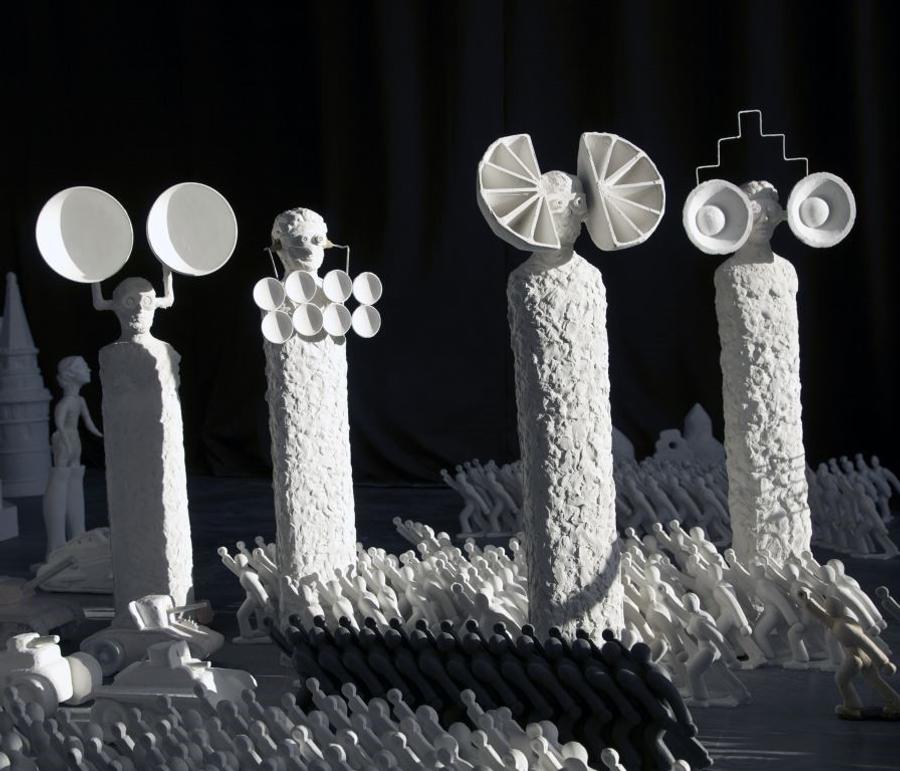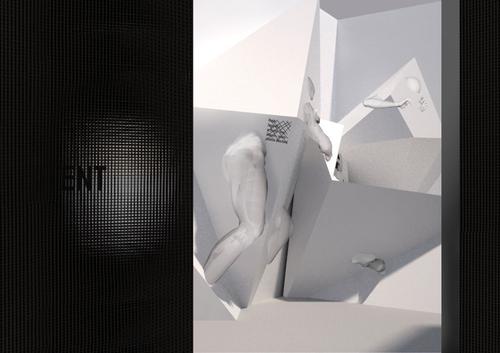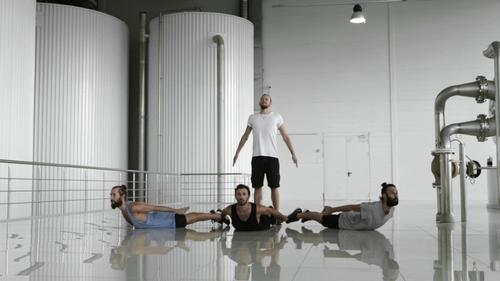Russian Pavilion to Present Theatrum Orbis 'Theater of the World' at Venice Biennale
- VENICE, Italy
- /
- March 20, 2017

Theatrum Orbis, a new exhibition conceived and created for the Russian Pavilion at the 57th Venice Biennale (May 13 - November 26, 2017), features artists Grisha Bruskin, Recycle Group and Sasha Pirogova. Works across sculpture, installation and video are accompanied by music pieces that play with how sound is experienced, created in response to the exhibition by contemporary composers Dmitri Kourliandski, Peter Aidu and Konstantin Dudakov-Kashuro.
The exhibition title – translated as ‘Theatre of the World’ - takes its name from Abraham Ortelius’ atlas published in Antwerp in 1570. Marking an epoch in the history of cartography, it was the first modern atlas to unite knowledge and experience across science and culture accumulated during the Age of Discovery.

Theatrical in its concept and form, the exhibition consists of three emotively connected parts. Visitors follow a narrative first encountering Bruskin’s installation of figurative white sculptures; then, on descending the stairs and passing through a labyrinth, further rooms contain works by Recycle Group and Pirogova. While Bruskin represents a long-established generation of Russian artists, Recycle Group and Pirogova come from a new post-digital era engaged with technology.
Part 1: Scene Change
Artist: Grisha Bruskin
Co-Curators: Giuseppe Barbieri, Silvia Burini
A comment on the new world order taking shape, Scene Change is a project Bruskin has been working on for nearly two years. Over 200 white sculptures made from gypsum and papier-mâché - from modern-day soldiers to a double-headed eagle - feature on theatrically-lit stages, where characters come alive to show a world where different epochs collide and the archaic and the contemporary interlink. Bruskin addresses the pressing and troubling developments of our times – from international conflict to the terror threat – as well as strategies of control and regulation that permeate human life.

Part 2: Blocked Content
Artists: Recycle Group
Co-Curator: Ekaterina Shcherbakova
In Blocked Content, Recycle Group create an absurdist image of artificial intelligence as an authority on ethical standards to play with the phenomenon of virtual reality and social media. In an exploration of immortality in contemporary society, ‘saints’ of the web are granted eternal life and ‘sinners’ – including spammers, virus retailers and fake-celebrities – are punished. An epiphany about life and death in the virtual realm, the installation takes inspiration from Dante's 9th Circle of Hell. Featuring scenes of Purgatory and Hell, the installation shows profiles frozen in a vacuum, without likes and reposts and unable to return to life, only fully on view through a virtual reality app that will be downloaded to visitors’ mobile devices.
Part 3: Inner Physics
Artist: Sasha Pirogova
Video artist Pirogova focuses on motion and its capacities by exploring the territory between theatre, ritual, performance and dance to transform rational movements into metaphors. Drawing on her education as a physicist, Inner Physics is a story of life, death and immortality. The movements of the actors in her video are prescribed by equations of physics in an attempt to prove the possibility of overcoming death as abstract mathematical quantities acquire a specific human dimension.
The Russian Pavilion in the Giardini in Venice was designed by Alexei Shchusev and ceremonially opened by Grand Duchess Maria Pavlovna of Russia in 1914. Russian artists have been participating in the Biennale from the first Venice Exhibition of 1895 and since, over 800 Russian artists have participated from leading names like Repin, Malevich and Kabakov to emerging artists. Semyon Mikhailovsky was appointed Commissioner of the Russian Pavilion at the art and architecture Venice Biennales in 2016 and will hold the post until 2021. The Russian Pavilion is supported by the Ministry of Culture of Russia and ROSIZO. The core funding for the project comes from private sponsorship.
















